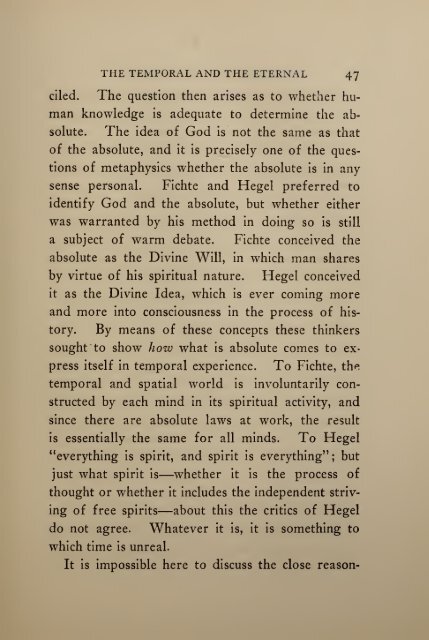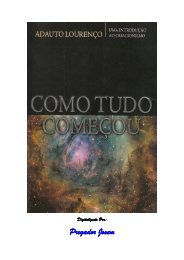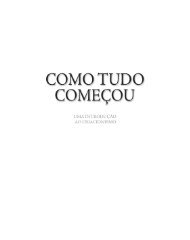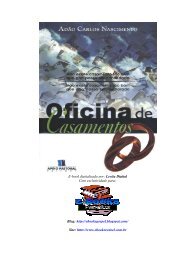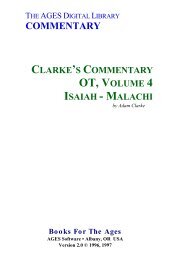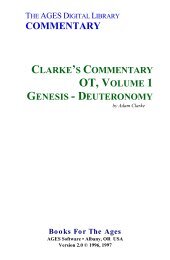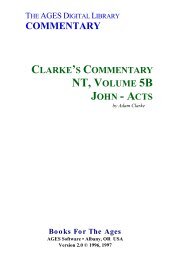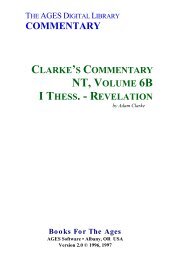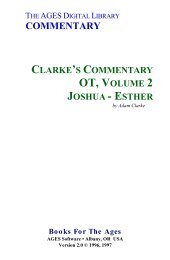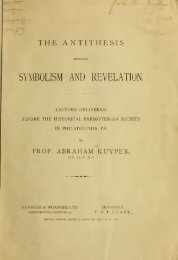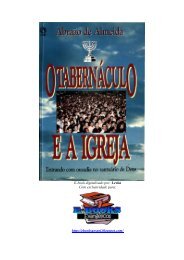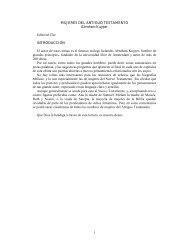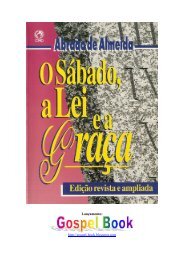Abram Herbert Lewis - Spiritual Sabbathism
Create successful ePaper yourself
Turn your PDF publications into a flip-book with our unique Google optimized e-Paper software.
THE TEMPORAL AND THE ETERNAL 47<br />
ciled. The question then arises as to whether human<br />
knowledge Is adequate to determine the absolute.<br />
The Idea of God Is not the same as that<br />
of the absolute, and it Is precisely one of the questions<br />
of metaphysics whether the absolute is In any<br />
sense personal. Fichte and Hegel preferred to<br />
identify God and the absolute, but whether either<br />
was warranted by his method In doing so is still<br />
a subject of warm debate, Fichte conceived the<br />
absolute as the Divine Will, in which man shares<br />
by virtue of his spiritual nature. Hegel conceived<br />
it as the Divine Idea, which is ever coming more<br />
and more into consciousness in the process of history.<br />
By means of these concepts these thinkers<br />
sought to show how what Is absolute comes to express<br />
itself in temporal experience. To Fichte, the<br />
temporal and spatial world Is involuntarily constructed<br />
by each mind In its spiritual activity, and<br />
since there are absolute laws at work, the result<br />
is essentially the same for all minds. To Hegel<br />
"everything Is spirit, and spirit is everything"; but<br />
just what spirit Is—whether It Is the process of<br />
thought or whether it includes the independent striving<br />
of free spirits—about this the critics of Hegel<br />
do not agree. Whatever it Is, it is something to<br />
which time is unreal.<br />
It is impossible here to discuss the close reason-


